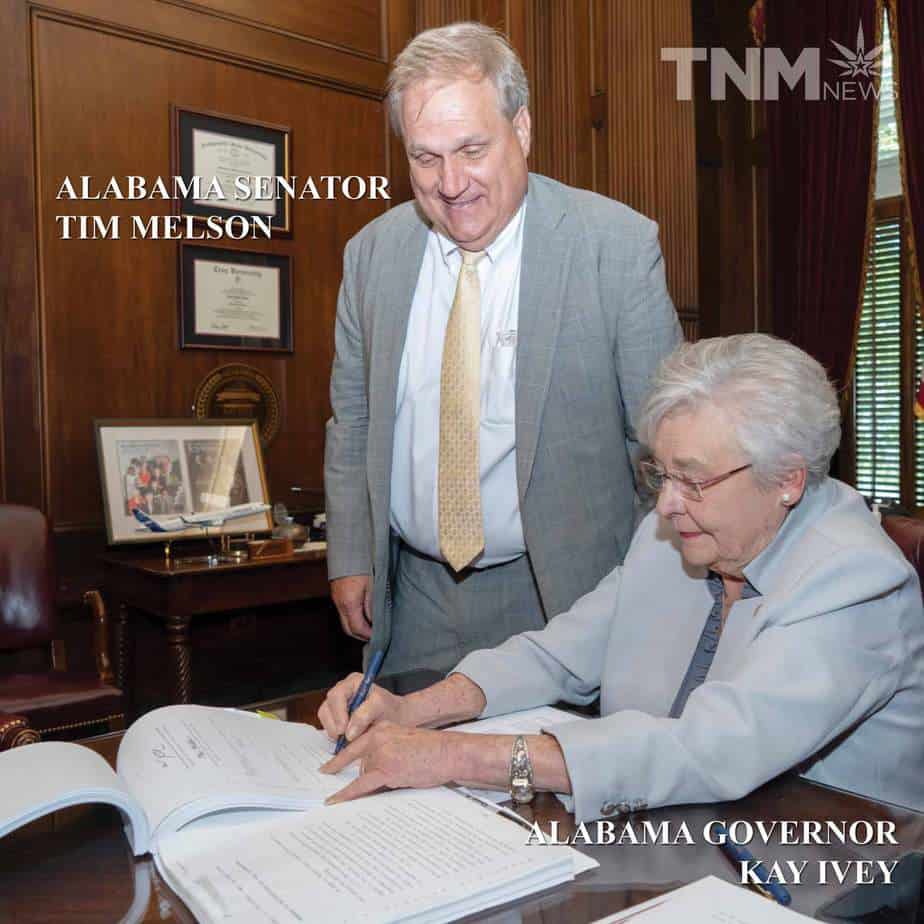Montgomery, AL — On Monday, Gov. Kay Ivey signed the Compassion Act (SB 46-a medical cannabis bill) into law, making Alabama the 36th state to legalize cannabis for medical use.
The Compassion Act passed the legislature by a two-to-one margin with bipartisan support. The bill will allow registered patients with qualifying conditions in Alabama to safely access and use medical cannabis with a doctor’s recommendation. Medical cannabis will be available to patients in forms such as pills, lozenges, oils, and patches. A summary of the bill is available here.
Effective medical cannabis laws have now been adopted in 36 states, including several Southern states such as Arkansas, Florida, Louisiana, and now Alabama. (The count no longer includes Mississippi. Earlier this month, the Mississippi Supreme Court issued a deeply flawed ruling to overturn Amendment 65, the medical cannabis law that voters overwhelmingly approved at the November 2020 election.)

“This is a major step forward for Alabamians. Rather than being subjected to arrest and criminal penalties for using medical cannabis, this new law will enable patients who are suffering from illnesses and medical conditions to safely use and access medical cannabis, a treatment option that is accessible to so many of their fellow Americans. We applaud the legislature for passing and Gov. Ivey for signing the Compassion Act.”
Statement from Karen O’Keefe, director of state policies at the Marijuana Policy Project
“The victory in Alabama shows elected officials nationwide are finally getting the message that allowing medical cannabis has overwhelming, bipartisan public support. Polls consistently show the vast majority of Americans support allowing seriously ill patients to use cannabis for medical purposes with their doctors’ approval, and Alabama serves as the latest evidence that medical cannabis is possible in any state in the country.”
Steve Hawkins, executive director at the Marijuana Policy Project
# # #
About MPP: The Marijuana Policy Project is the nation’s leading cannabis policy organization. It has been advocating for federal cannabis reform since its founding in 1995, and it has played a leading role in the majority of state-level cannabis victories over the past two decades. For more information, visit https://www.mpp.org.
If you have updated information on this articles, please use our contact form by clicking here.








